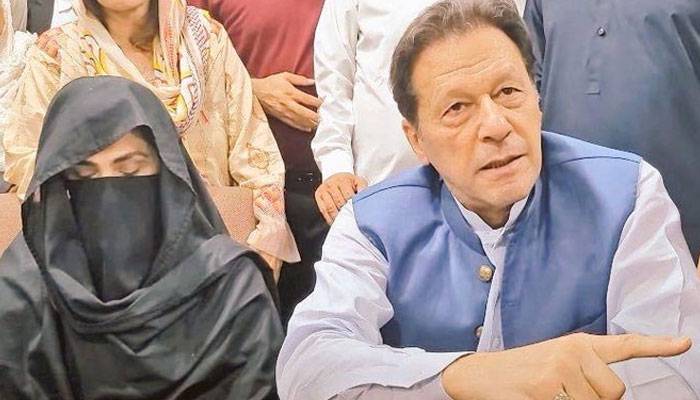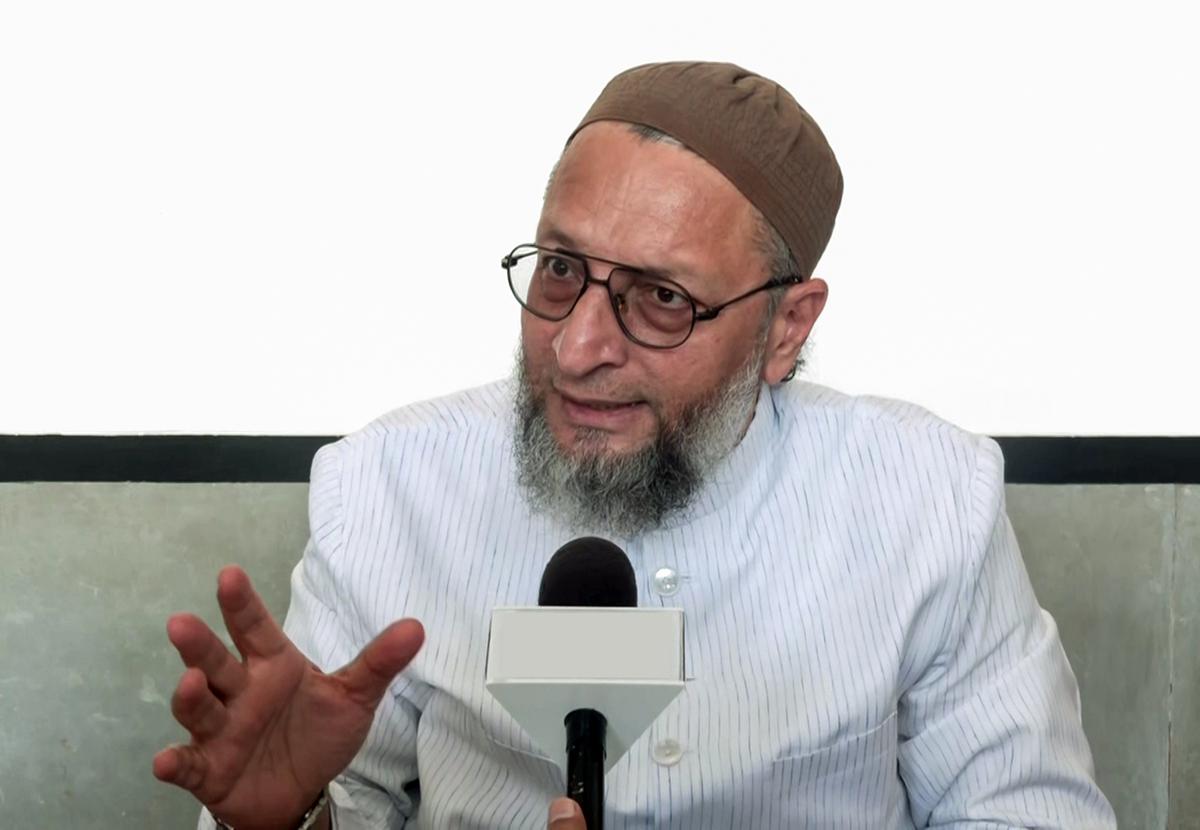Farmer union leaders to meet, discuss plan of action
Tue 22 Dec 2020, 11:39:18
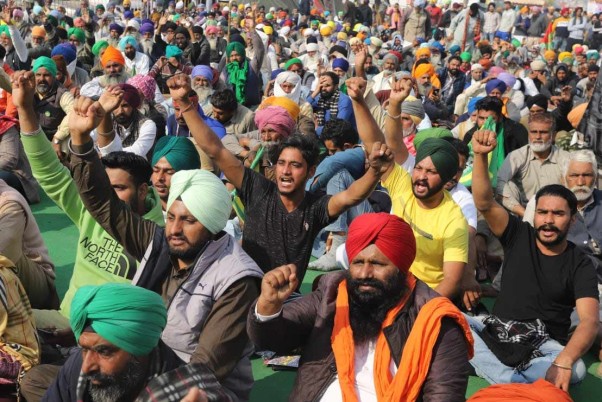
New Delhi: Farmer leaders are expected to meet on Tuesday to discuss a plan of action as thousands gathered at protest sites on Delhi's borders with Haryana and Uttar Pradesh to press for the repeal of the new agri laws brace the cold wave sweeping through the national capital.
Efforts are underway by the unions to draw support from farmers in other states like Bihar for their demand to enact a law assuring Minimum Support Price as the protest at the border points have been going on for almost four weeks now.
On Monday, the farmers held a relay hunger strike at various protest sites in batches of 11.
In the letter to 40 union leaders, the Joint Secretary in the Union Agriculture Ministry, Vivek Aggarwal, on Sunday asked them to specify their concerns over its earlier proposal of amendments in the laws and choose a convenient date for the next round of talks so that the ongoing agitation could end at the earliest.
The sixth round of talks on December 9 was cancelled following a deadlock with the farmer unions refusing to budge from their demand for repealing the three laws.
Owing to ongoing agitation, the Delhi Traffic Police said the Singhu, Auchandi, Piau Maniyari, and Mangesh borders are closed.
It advised commuters to take alternative routes through the Lampur, Safiabad Saboli and Singhu school toll tax
borders.
borders.
Police said that as traffic has been diverted from Mukarba and the GTK road, people are suggested to avoid Outer Ring Road, the GTK road and National Highway (NH) 44.
Those travelling to Haryana can go through the Jharoda (only single carriageway), Daurala, Kapashera, Badusarai, Rajokri NH-8, Bijwasan-Bajghera, Palam Vihar and Dundahera borders.
According to the traffic police, Tikri and Dhansa borders are also closed for traffic but the Jhatikara border was open only for two-wheelers and pedestrians.
At the Chilla border, the Delhi to Noida carriageway is open for traffic. The Noida to Delhi carriageway is, however, closed.
The Ghazipur border was also closed for traffic movement.
Enacted in September, the three farm laws have been projected by the central government as major reforms in the agriculture sector that will remove the middlemen and allow farmers to sell anywhere in the country.
However, the protesting farmers have expressed apprehension that the new laws would pave the way for eliminating the safety cushion of Minimum Support Price and do away with the mandi system, leaving them at the mercy of big corporates.
The government has repeatedly asserted that the MSP and mandi systems will stay and has accused the opposition of misleading the farmers.
No Comments For This Post, Be first to write a Comment.
Most viewed from National
Most viewed from World
AIMIM News
Asaduddin Owaisi questions PM Modi's China policy
Jan 08, 2025
Owaisi slams UP over police post near Sambhal mosque
Dec 31, 2024
Owaisi hails SC order on Places of Worship Act
Dec 13, 2024
AAP Corporator Tahir Hussain joins AIMIM party
Dec 11, 2024
Latest Urdu News
Most Viewed
May 26, 2020
Which political party will win the Delhi Assembly polls to be held on Feb 5?
Latest Videos View All
Like Us
Home
About Us
Advertise With Us
All Polls
Epaper Archives
Privacy Policy
Contact Us
Download Etemaad App
© 2025 Etemaad Daily News, All Rights Reserved.

.jpg)
.jpg)
.jpg)
.jpg)
.jpg)
.jpg)
.jpg)
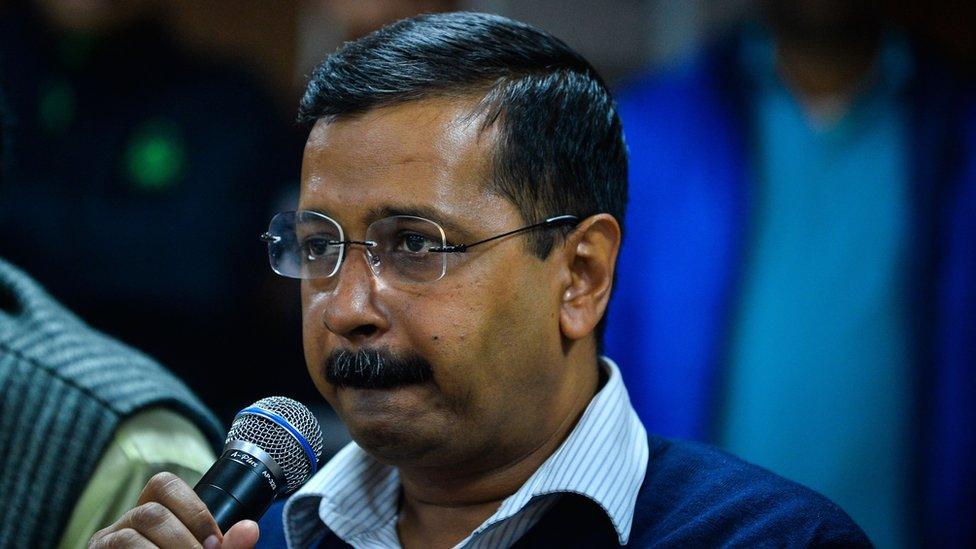
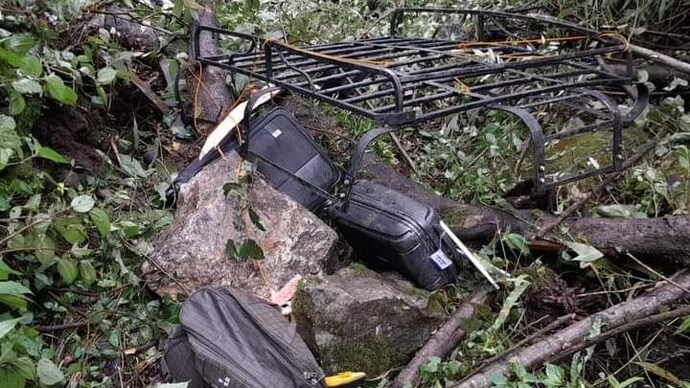
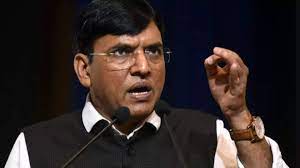
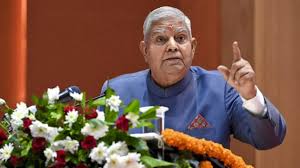
.jpg)
.jpg)
.jpg)
.jpg)
.jpg)
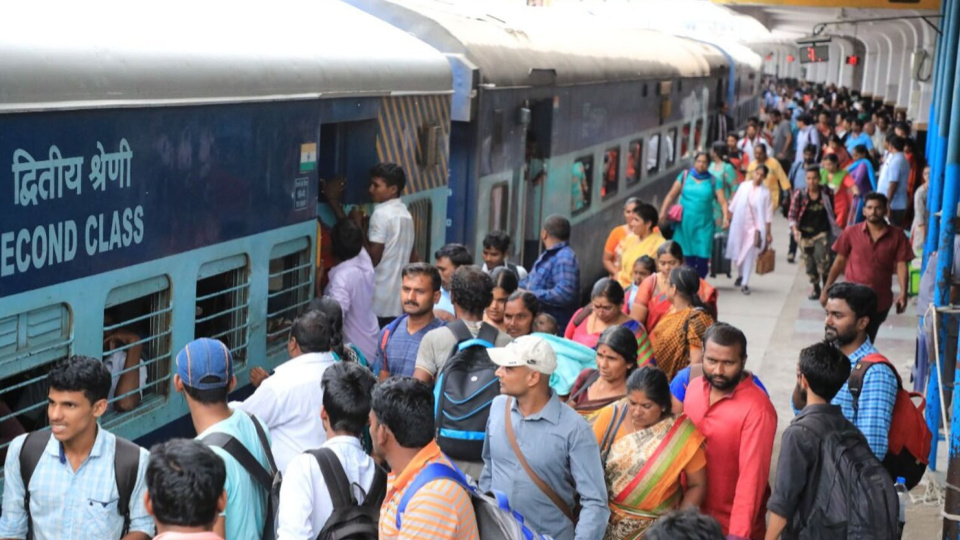
.jpg)
.jpg)
.jpg)
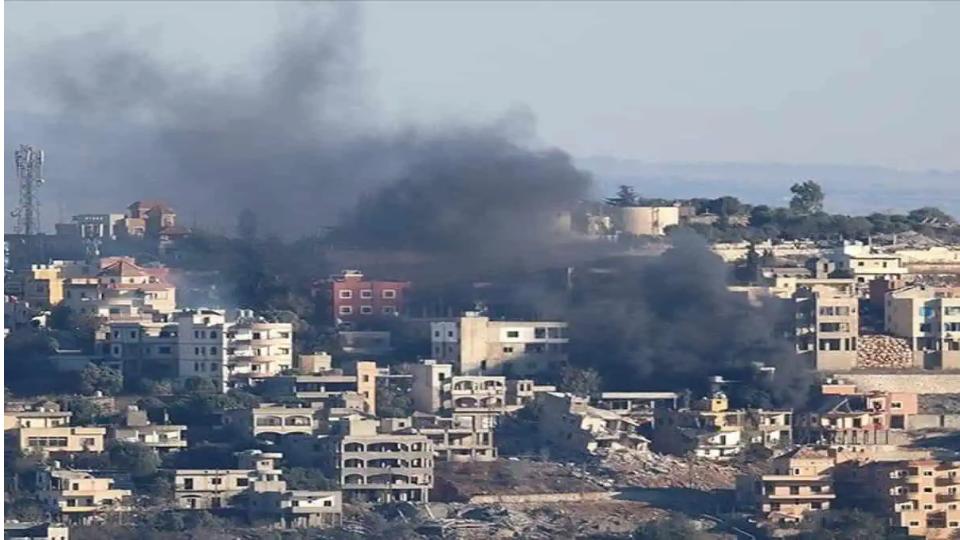
.jpg)
